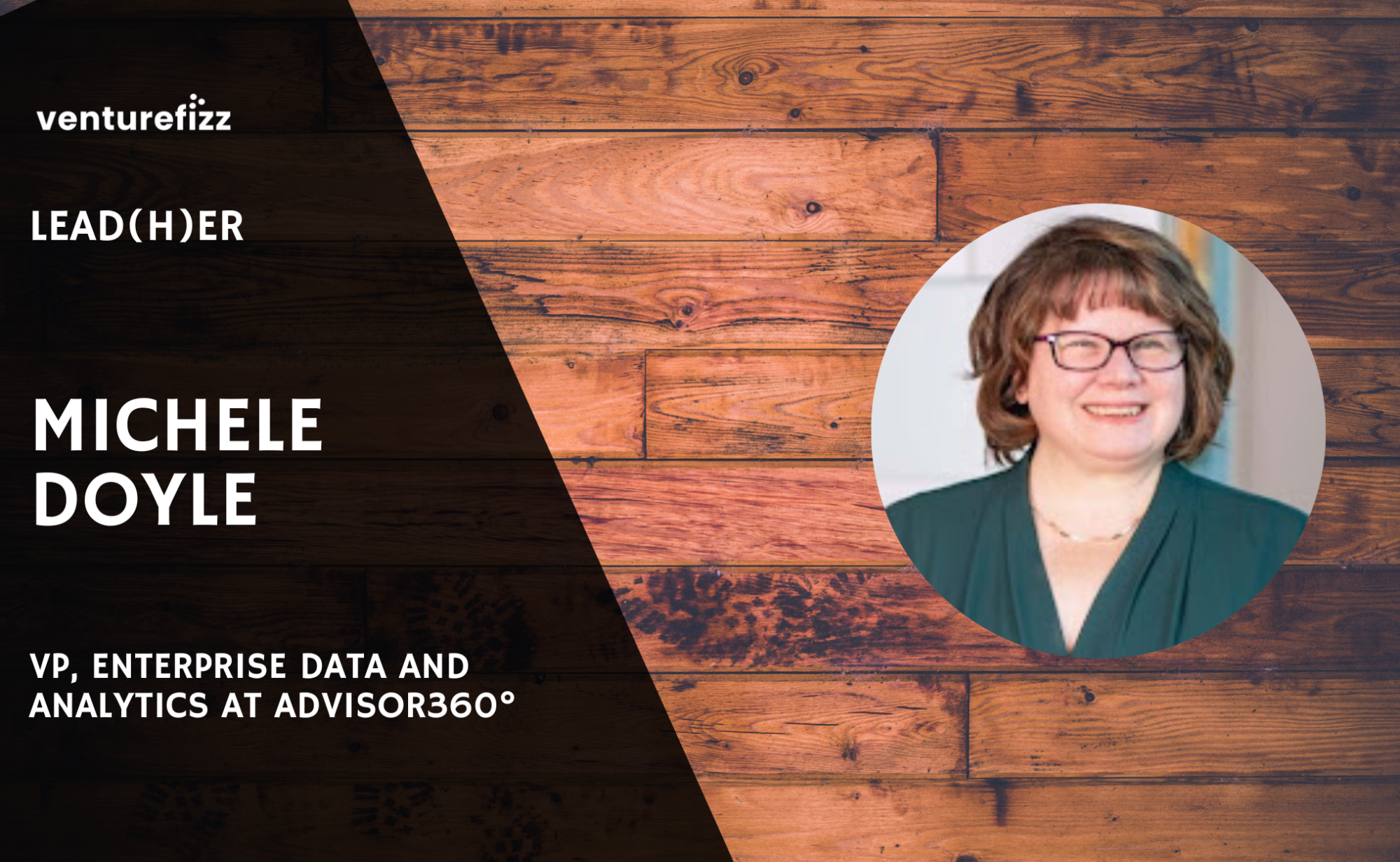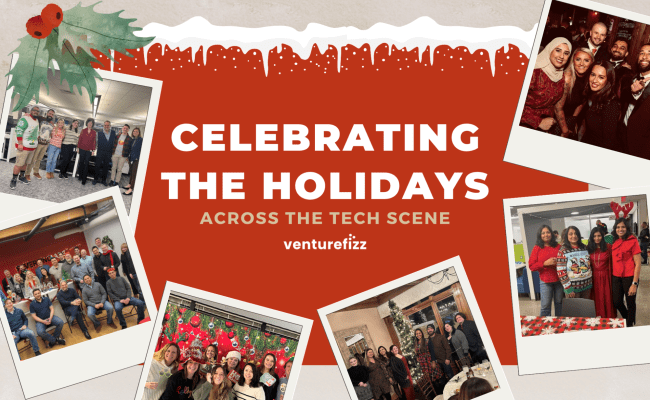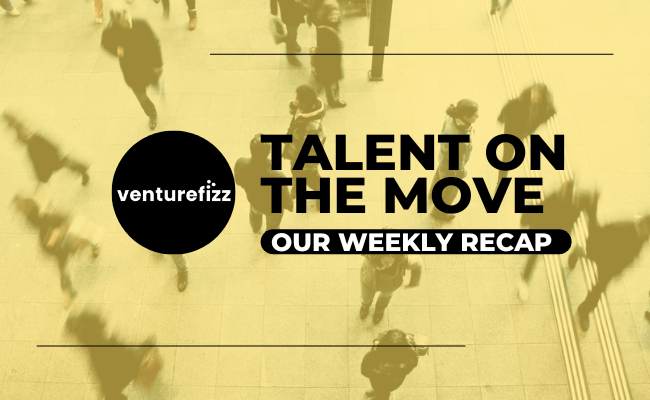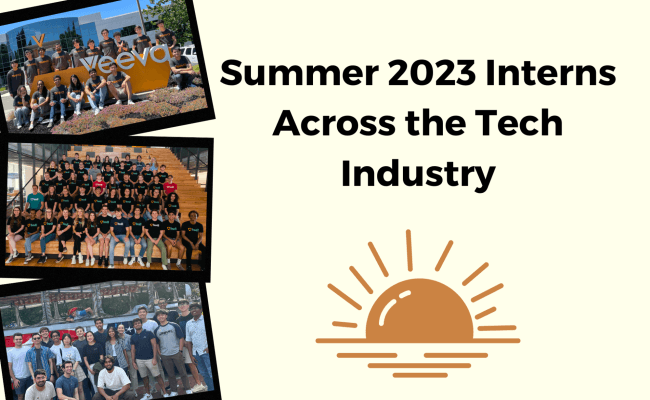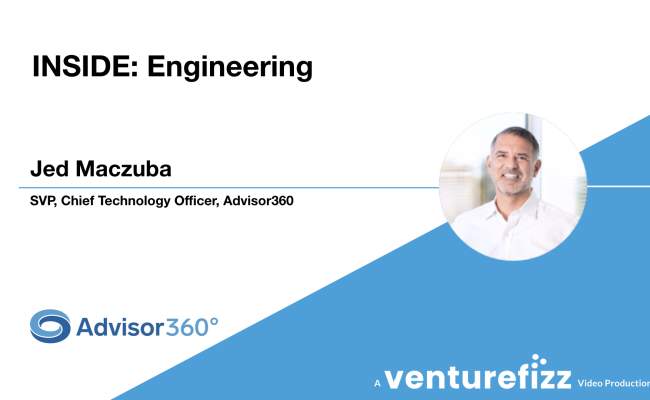Our Lead(H)er series features impressive women leaders in the tech industry. In this Q&A, we are featuring Michele Doyle, VP, Enterprise Data and Analytics at Advisor360°.
With its rapid growth and day-to-day pace, it is hard to call Advisor360° a traditional start-up.
Spun out from Commonwealth Financial Network, Advisor360° has gone on to build an enterprise-class, industry-defining wealth management software comprised of innovative solutions to optimize and simplify the financial advisor and client experience. With more than 900 employees, the Weston, Masshussets-based FinTech platform provider is ready to make even greater waves in the industry.
What has caught the attention of clients, competitors, and enterprise leaders and what truly distinguishes Advisor360° is its data. Data is the foundation of all Advisor360° products and is harnessed through their Unified Data Fabric®.
A propriety data model, the Unified Data Fabric has the unique ability to cleanse data from hundreds of sources and consolidate it into a rich, unified, and easily understood format for advisors, clients, and executives.
The care, maintenance, and management of the data fabric, from engineering to quality to architecture and analytics, is the responsibility of the Enterprise Data Management team. At the helm of that team is Michele Doyle.
Michele, what is your current role and responsibilities?
I am currently the Vice President of Enterprise Data and Analytics. In this role, I work to ensure that the full life cycle and realized value of data in our firm are the best in the business. I oversee teams that build out the data capabilities and products our company provides, and am responsible for data analytics, architecture, quality, governance, and integration.
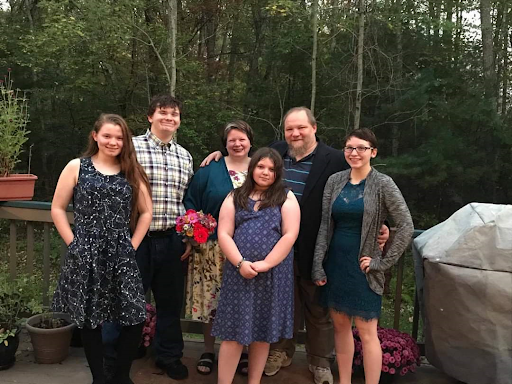
How many cups of coffee do you have in a day?
I have 3 or 4 cups of coffee a day, and they are a vital part of my self-care routine.
Where did you grow up and how would you describe yourself as a child?
I grew up in Barre, which is a rural area in Central Massachusetts with lots of local farms. I was the oldest of five kids in a family that was active in our community and ran an immigrant and refugee support organization. My family still runs that group, and now I’m on their board of directors.
I worked throughout my growing up years and had a lot of solid employment experience before college. When I wasn’t working, I was making something, growing something, or reading something. I read everything I could get my hands on, especially science fiction. Like those heroes in sci-fi, I loved learning new things and being able to apply that information to solve problems.
What did you study in college and what was your first job out of school?
I had a couple of stints in college and came away with degrees in psychology and occupational therapy. I worked all through my school life, but my first job out of college relating to my education was working as a habilitation specialist.
Can you share the details on your career path and what were the critical moments that got you to where you are today?
I’ve had a less than straightforward career path into technology. One of the things I’ve come to value is the varied experience I’ve brought to my technical role. It’s important for folks to know that it’s okay and beneficial to bring your diverse life experience to technology as part of a nontraditional career path.
I started my career working with folks who were living with multiple disabilities and moved into a data processing job in order to get health insurance after my oldest child was born. From data processing, I moved to product management, then to data engineering, then to data architecture and analytics.
One of the critical and defining moments in my career was the move out of health care and into technology. At the time, the health care industry was going through a metamorphosis, and like other folks in allied health roles, I lost my insurance and benefits. In looking for a job that would provide my family with health insurance, I was offered a data processing job at a financial services firm. That job was my entry point into technology, data operations, and product management.
My degree and experience in occupational therapy focused on a lot of practical problem-solving—there was a specific goal for a patient and the OT’s job was to figure out a way to make that goal attainable. So setting and solutioning toward those goals were skills learned in health care that brought value to my work in technology.
Another critical moment for me was my introduction to business intelligence. I attended a SQL Summit Conference and was struck by two things:
The first was the sheer number of women technologists at that conference. It was the first technical space where I saw a sizeable number of people like me. I felt like I truly belonged there. Through the lens of that huge community of deeply talented technologists, I saw myself and my skills differently—that I was one of them.
The second was that I attended this conference in a year when business intelligence was a huge topic. The overlap of technical and business solutioning resonated with me. Business intelligence and analytics became an area of concentration for me from that point on.
As I’ve grown in experience, I’ve come to realize that data spans across engineering, operations, and product. And that to gain the real benefit of data, you need to have overlapping competencies that understand and draw those areas of focus together. This conference was pivotal in developing my understanding of these concepts, which informed my future roles.
Looking back, is this where you thought you’d be professionally? Was it always your goal to be in this position?
Compared to the start of my professional life, this is not where I expected to be. I’ve had several career changes, and with each shift, I’ve had to reposition the goals I held.
There are two types of goals I tend to focus on. I have one set of professional intentions that are guideposts regardless of career path: To support my family, to have a path to improvement, to have learning opportunities, and to do good in the world. These goals have remained steady throughout my professional life and across muliple careers.
Another set of goals is the specific goals I set for myself once I am in a profession. Those take time to develop and, for me, take the form of wanting to engage in types of work rather than achieve specific positions.
I’ve been so fortunate in that I’ve had a number of mentors in my life who saw a fit for me in these places that I never expected to go. They saw early potential in me that I wasn’t aware of myself. Their guidance has helped me shape goals while relishing new opportunities.
What do you find most interesting/rewarding about your work?
I find it is most rewarding to have the opportunity to work with incredibly gifted people, to keep learning in a field I adore, and to solve real-world problems using interesting technical applications. There is something about bringing a solution from an idea to a reality that is very satisfying.
Q&A
What do you enjoy doing in your free time?
I like spending time with my family, especially at the ocean. I love traveling with my pals, hitting bookstores with my husband, and making communal dinners with our gang of friends. I greatly enjoy hiking, gardening, and canning.
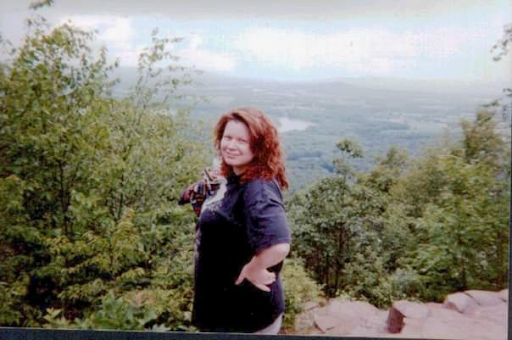

Any book or podcast recommendations?
As a dedicated bookworm, I’ve got favorite book recommendations for every occasion.
Here are some classic books about software engineering that were helpful to me when I was teaching myself how to code. Some of these are older, but the core concepts are timeless and important:
- Code – Charles Petzold
- Code Complete – Steve McConnell
- Design Patterns: Elements of Reusable Object-Oriented Software – Gamma, Helm, Johnson, Vlissides
- Programming Pearls – Jon Bentley
- Refactoring: Improving the Design of Existing Code – Martin Fowler
- The DevOps Handbook – Kim, Debois, Humble, Willis
- The Phoenix Project – Kim, Spafford, Behr
These books were helpful to me when focusing on data engineering and analytics. Some of these books, like Invisible Women and Data Portraits are reminders that how data is used is vitally important in technology and have real world impacts. Others, like the Data Warehouse Toolkit and Now You See It are landmark resources for learning to organize and present data effectively
- DAMA DMBOK
- Data Portraits: Visualizing Black America – The W.E.B. Du Bois Center
- Database Reliability Engineering – Campbell, Majors
- Dear Data – Lupi & Posavec
- Designing Data-Intensive Applications – Martin Kleppman
- Introduction to Algorithms – Cormen, Leiserson, Rivest, Stein
- Invisible Women – Caroline Criado Perez
- Now You See It: An Introduction to Visual Data Sensemaking – Stephen Few
- Successful Business Intelligence – Cindi Howson
- The Data Warehouse Toolkit – Ralph Kimball
These books were helpful to me around management and strategy. These were all thoughtful, helpful resources, but Disrupted gets a special mention for being both an incredibly entertaining and disturbing book.
- Culture Map – Erin Meyer
- Disrupted – Dan Lyons
- Elements of Style – Strunk & White
- Managing Humans: Biting Tales of a Software Engineering Manager – Michael Lopp
- Team Topologies - Skelton & Paid
- The Mythical Man Month – Fred Brooks
- Thinking in Systems – Donella Meadows
Podcasts/Youtube. I try to keep up with a few pod and webcasts on a regular basis. These are all beneficial but Guy in a Cube is my favorite because it puts out amazing information and energy in very focused bursts of time and topics
- Martin Kleppman's channel
- CMU Database Group
- Advancing Analytics
- Banana Data
- Data Skeptic
- Guy in a Cube
- Not So Standard Deviations
- O’Reilly Data Show
- The Data Strategy Show
- The Turing Podcast
What’s your advice for recent college graduates?
Focus on finding a position where you can really practice your social and professional skill building. Bring your curiosity and passion to an organization that will help you grow. Don’t hesitate to ask your questions and train yourself to go outside your comfort zone.
For people who are looking to be in a similar position, what advice would you give to others in terms of helping them achieve their career goals?
Find your people. There are folks out there who share the same excitement in your area of focus. You can learn a lot from them, and they make good mentors.
Try new things. Take risks to try new things even if you think you can’t do them. You do not have to be defined by specific aspects of your role.
You don’t have to be the leader to lead. Anyone can lead regardless of their official role, and anyone can make a positive difference in their organization. Go forth and create the change you want to see!

